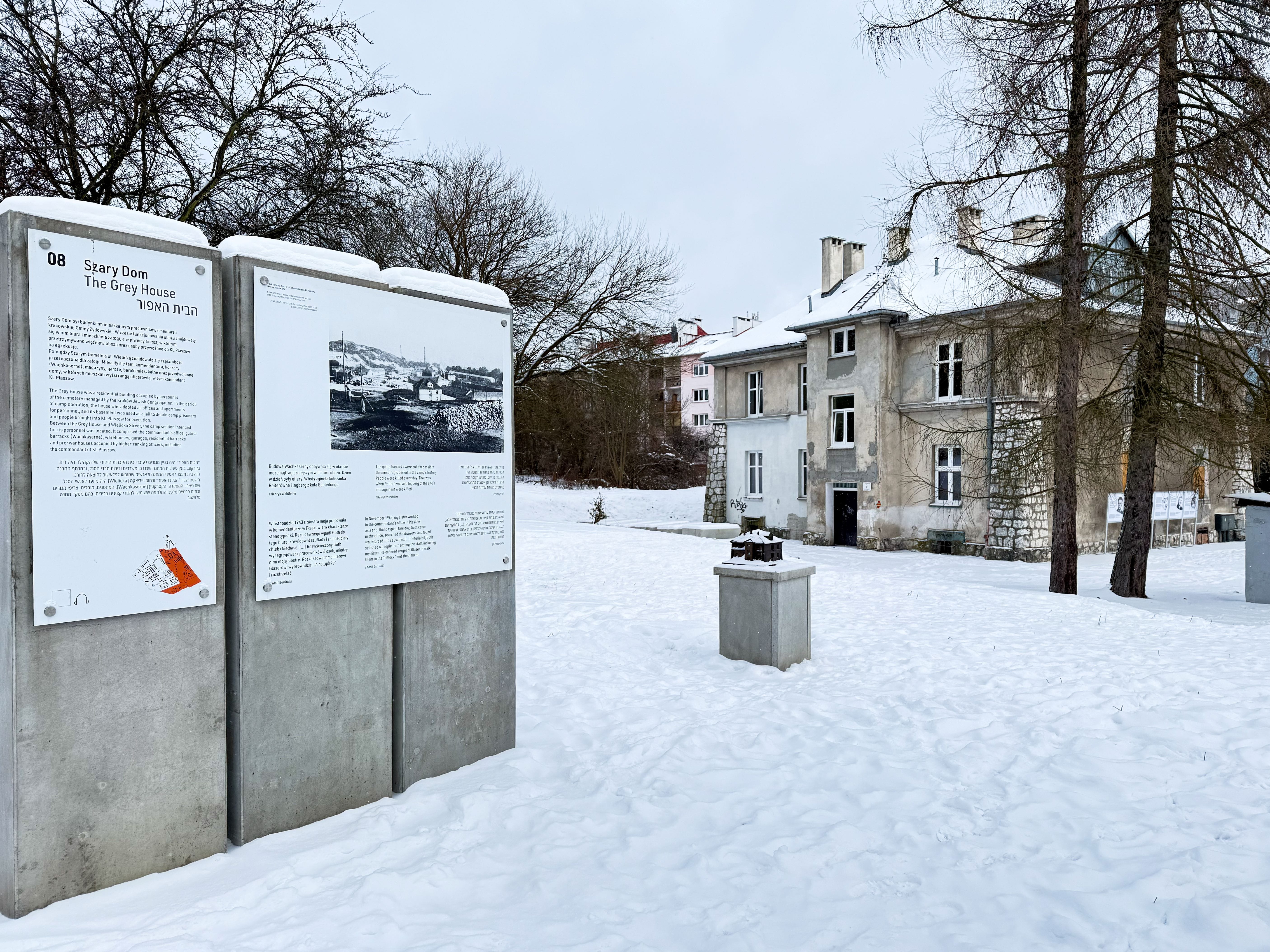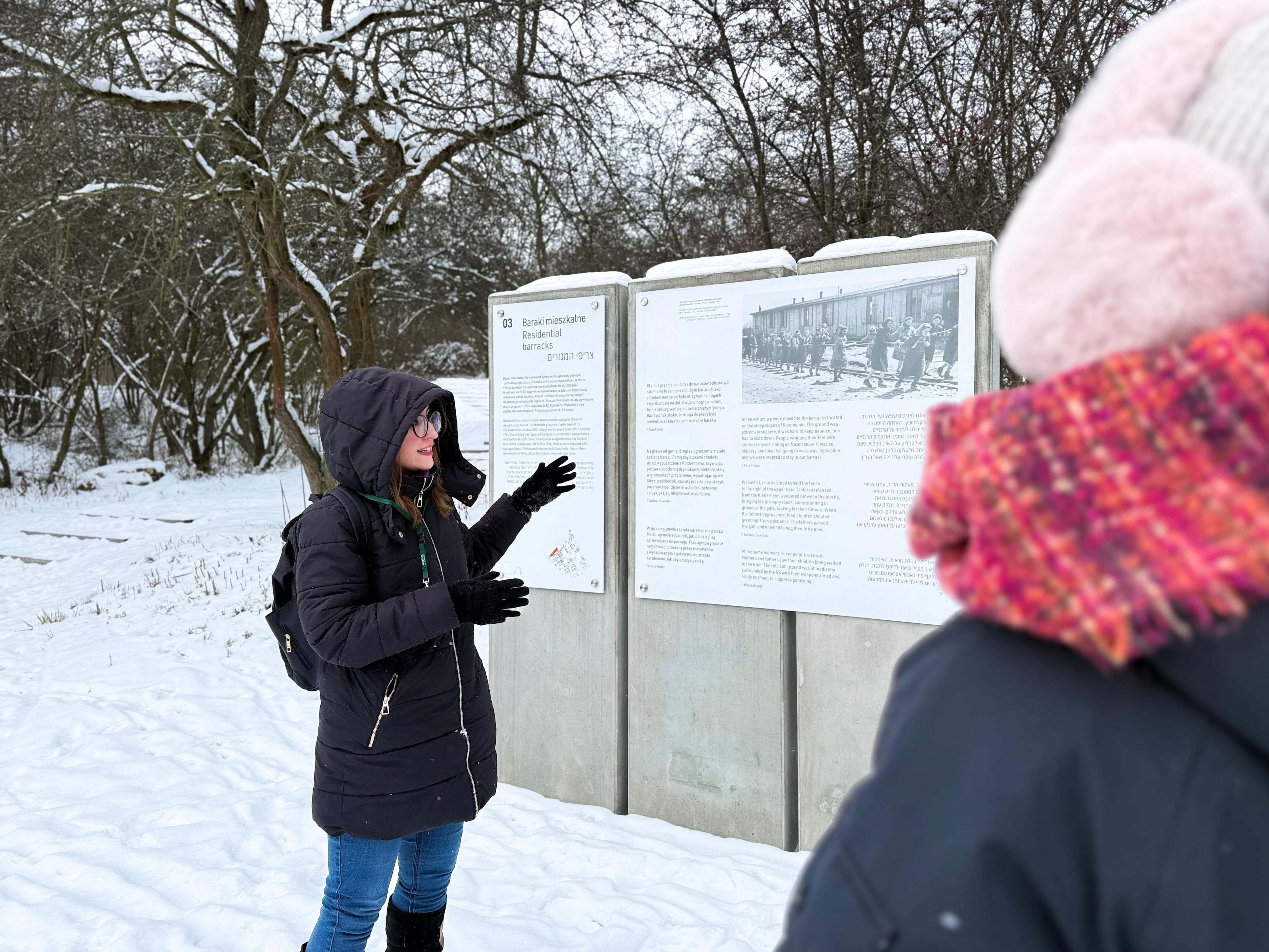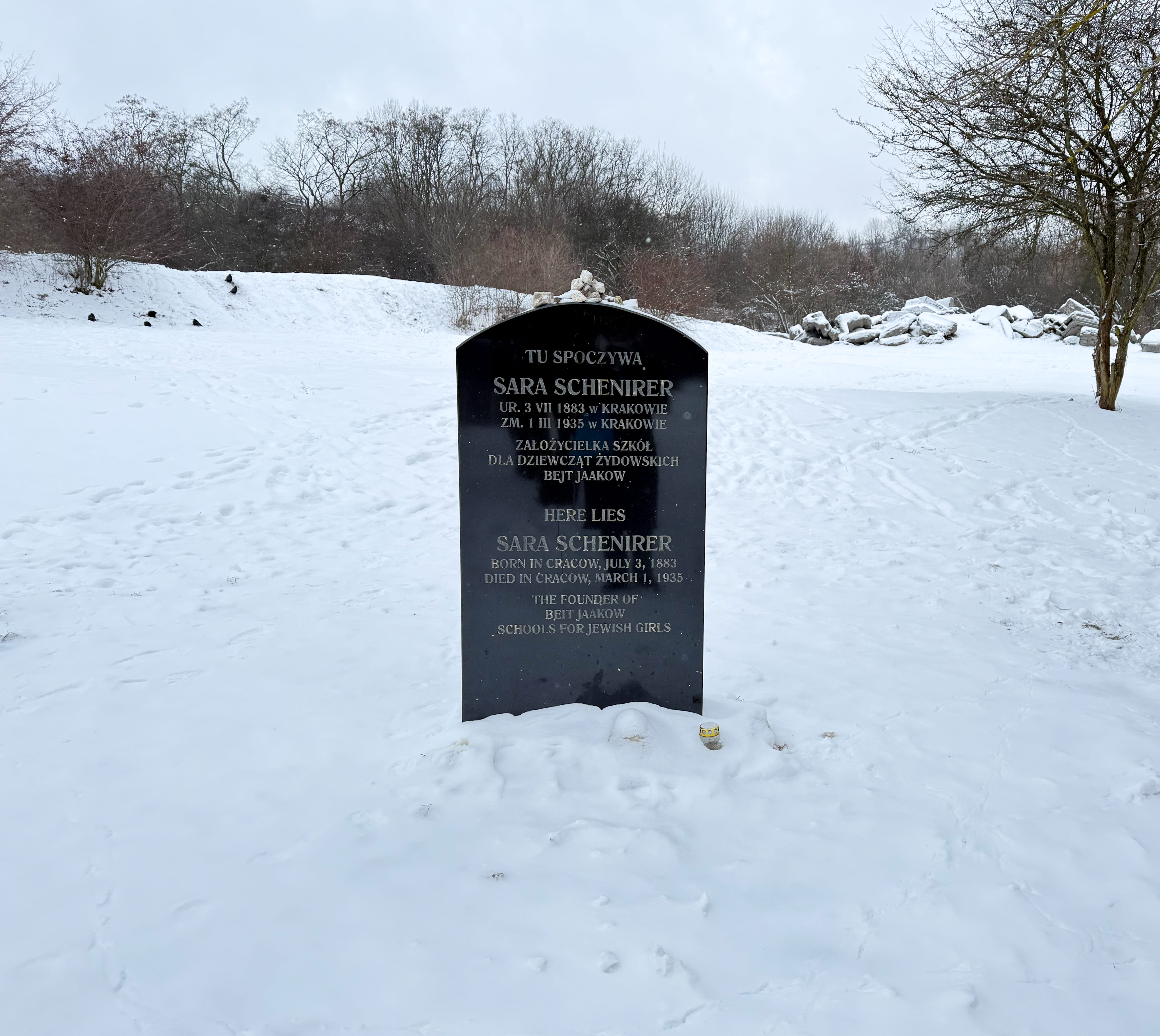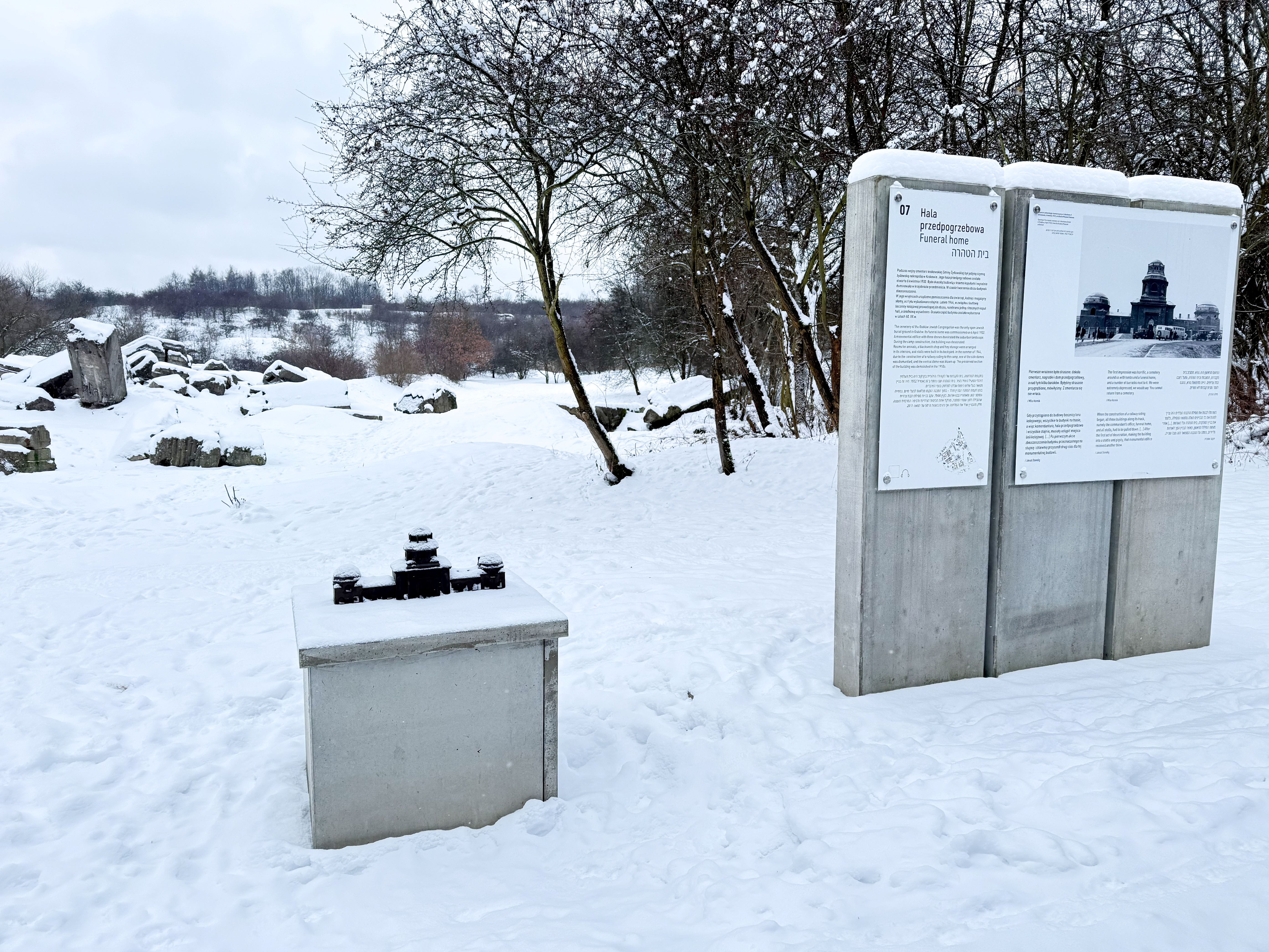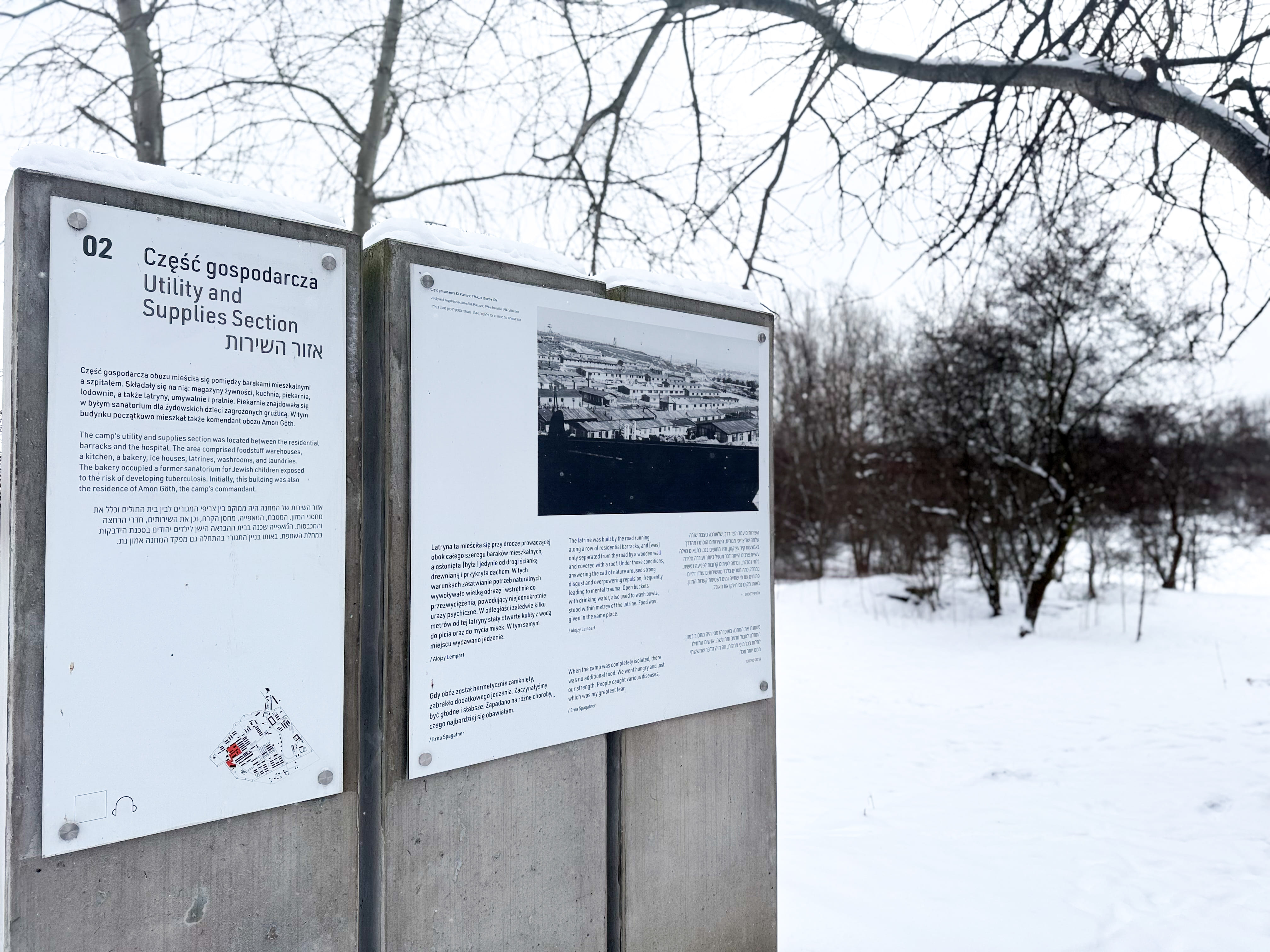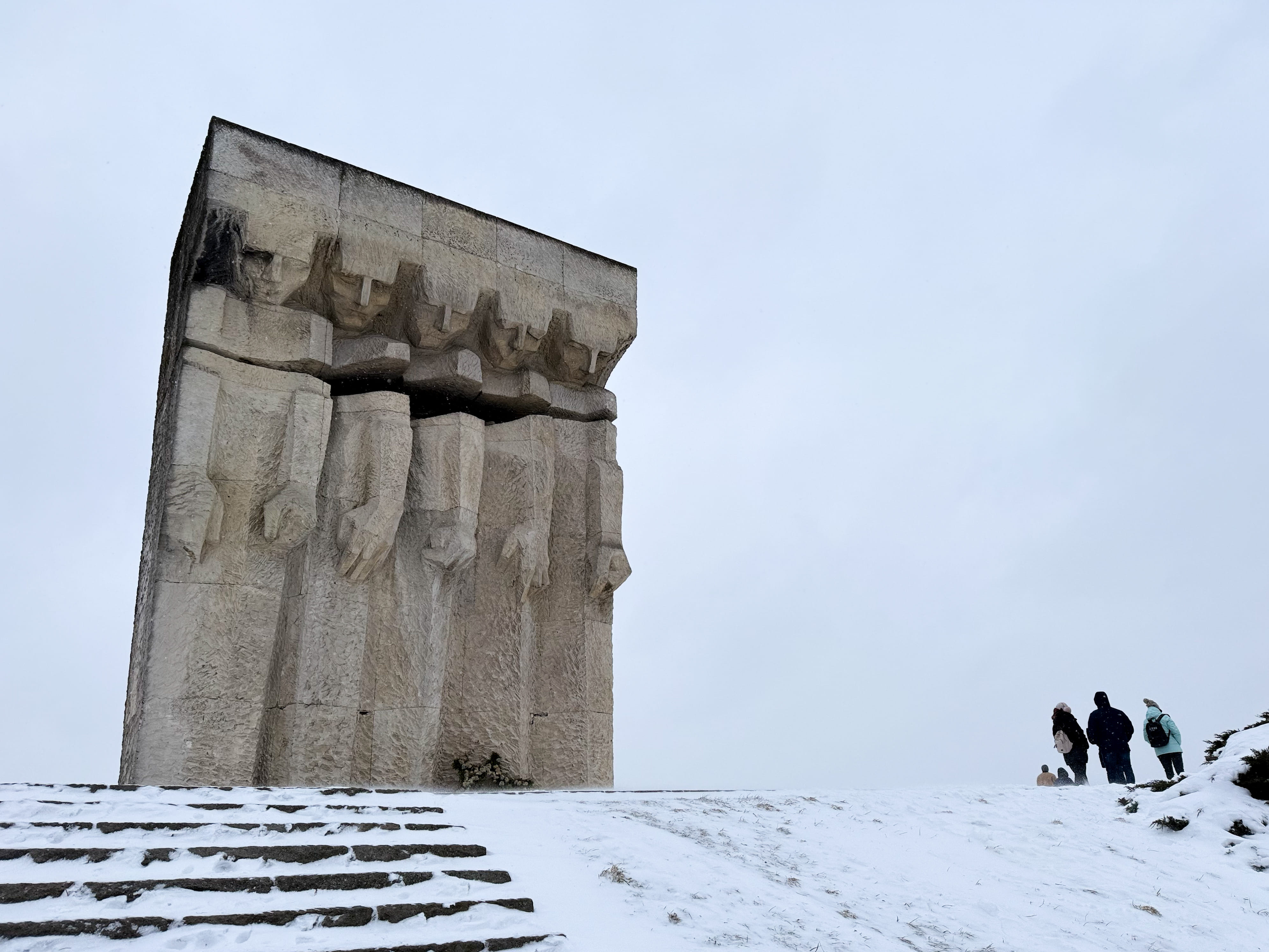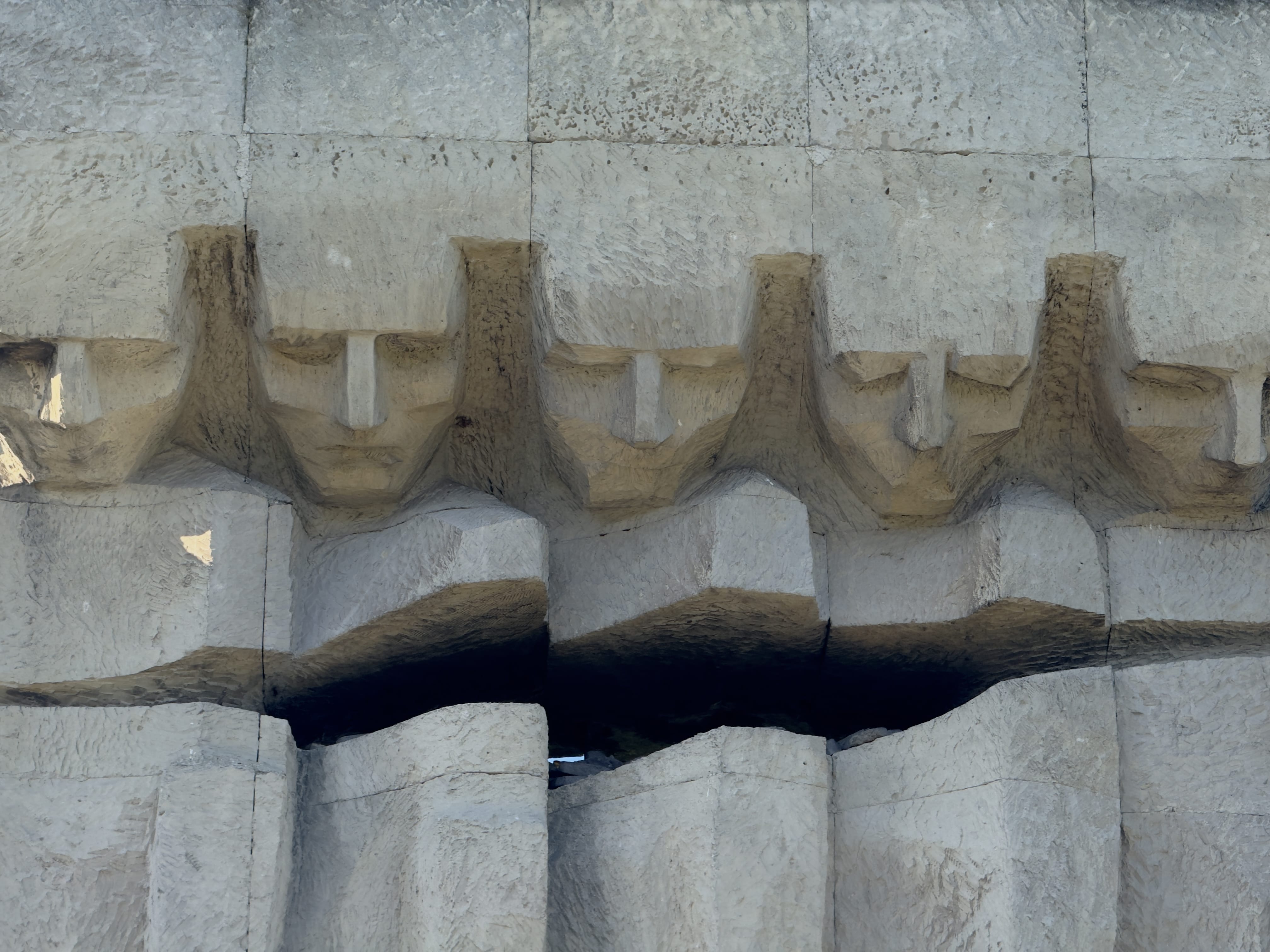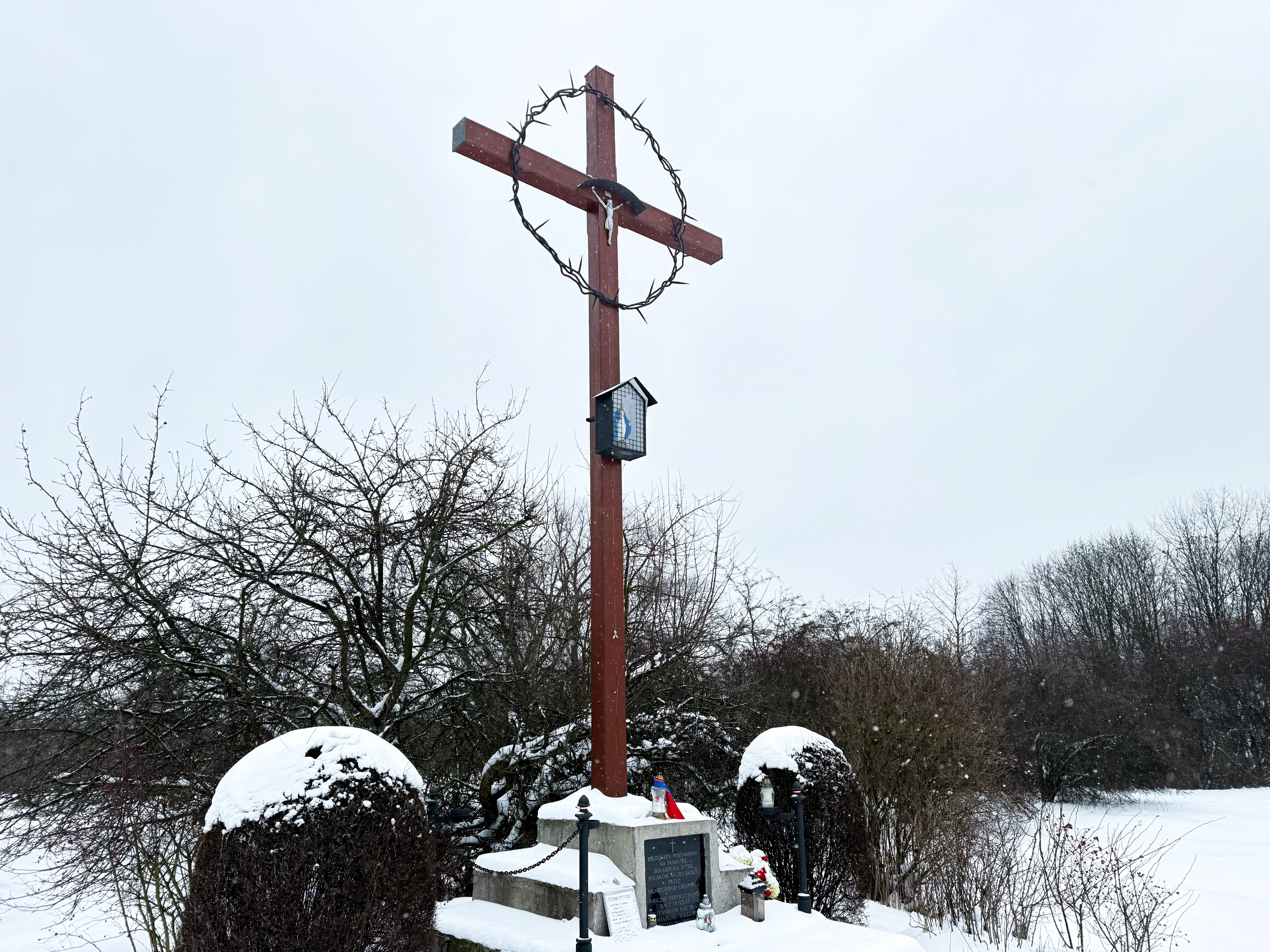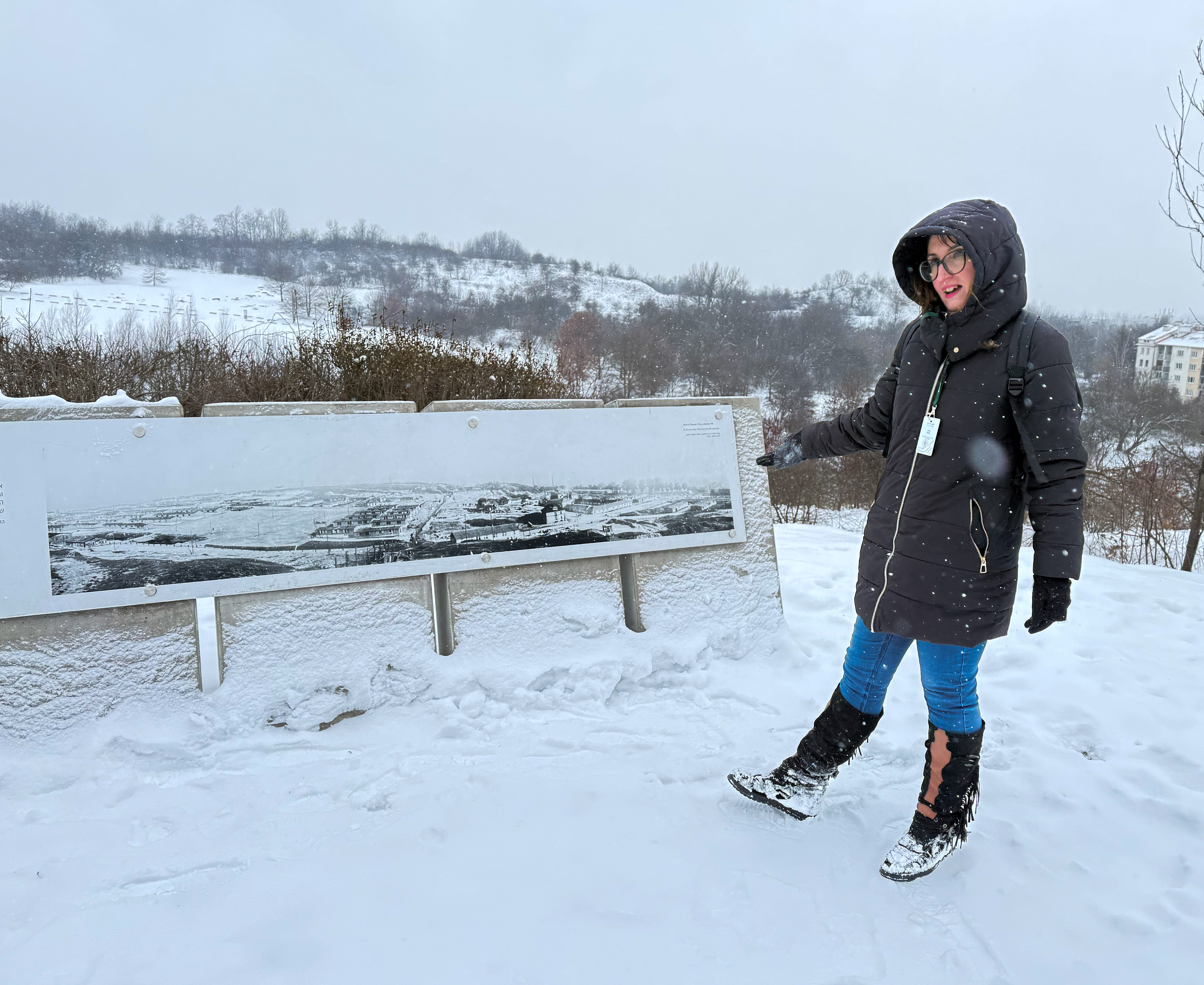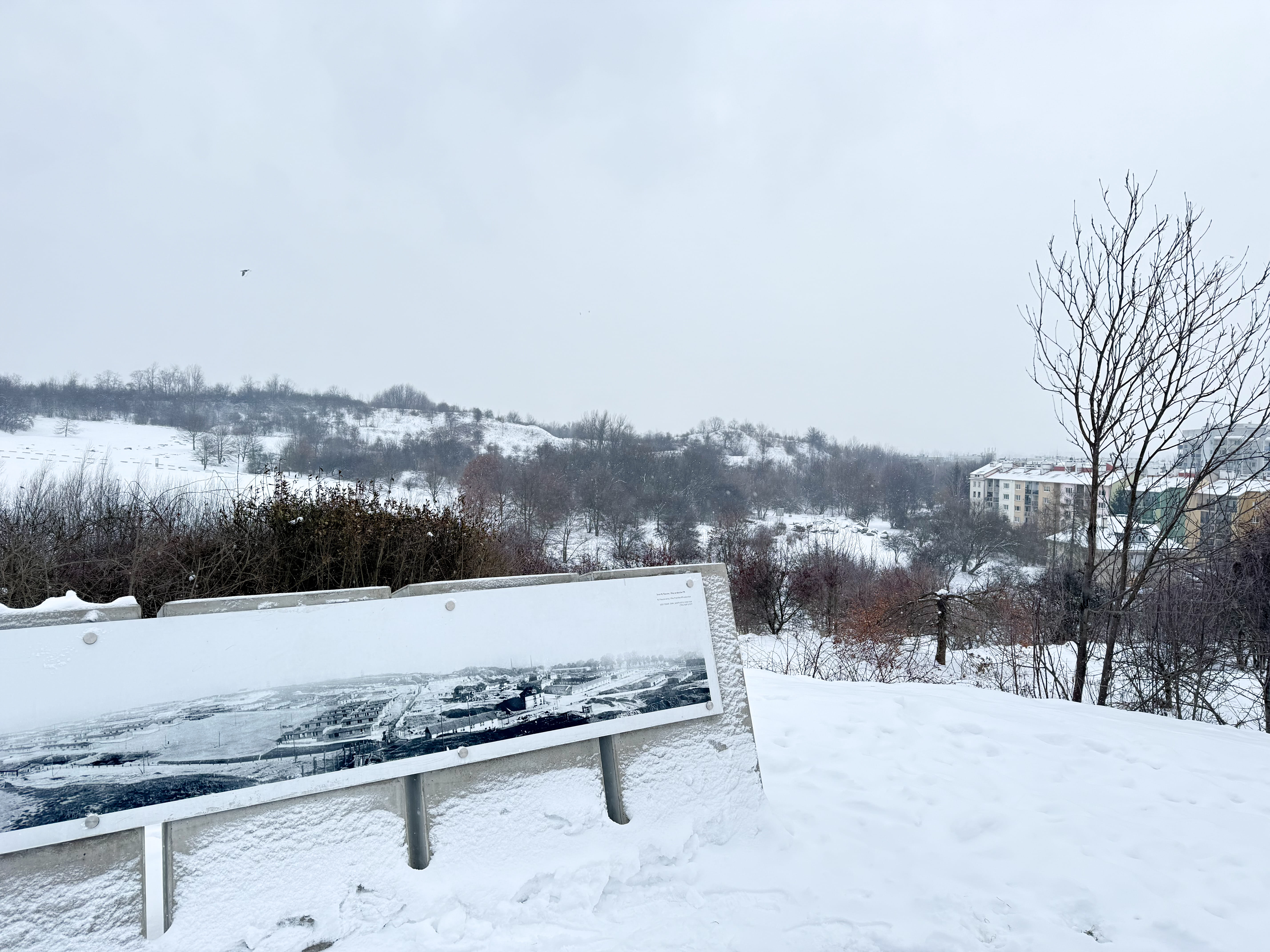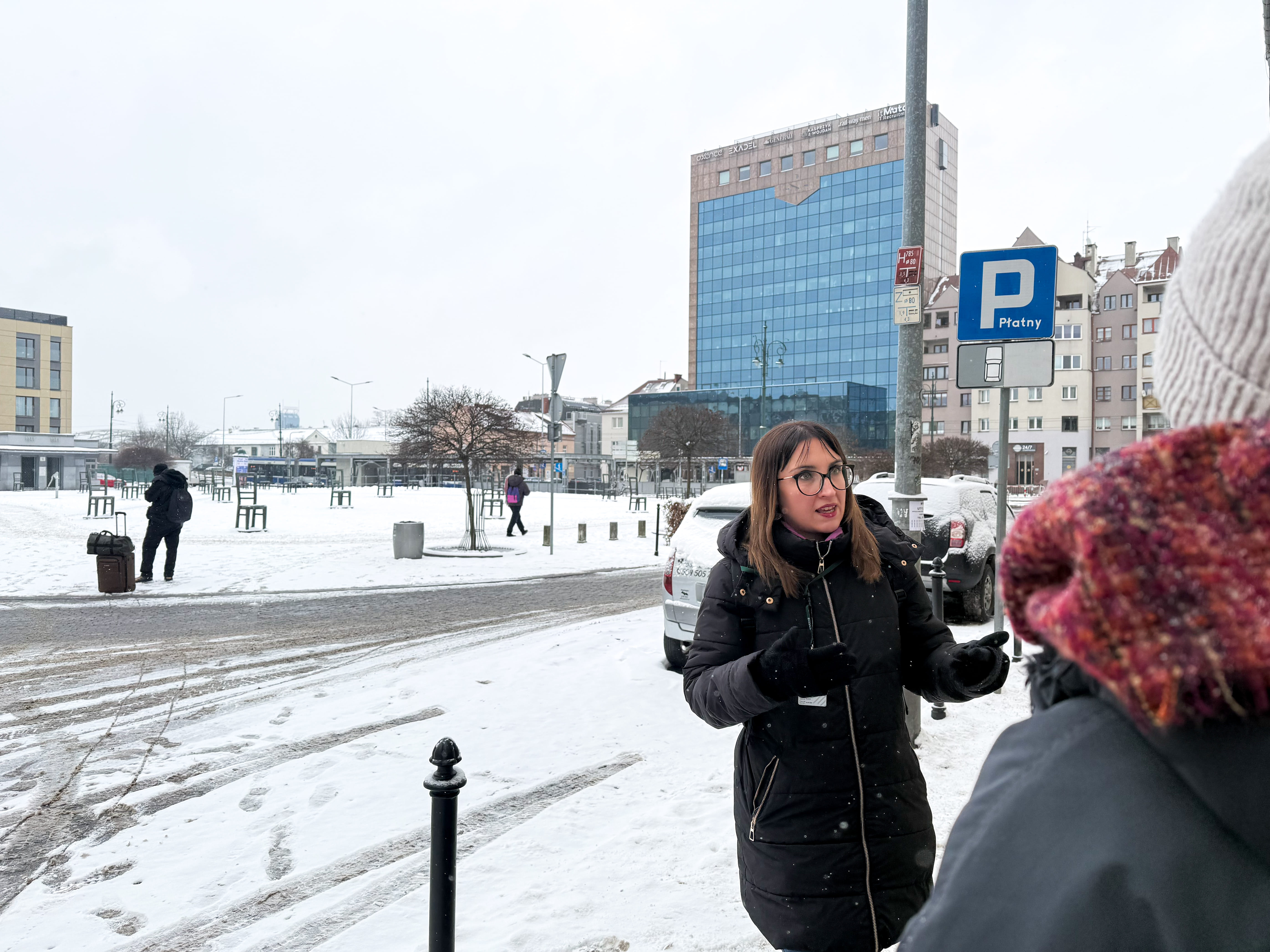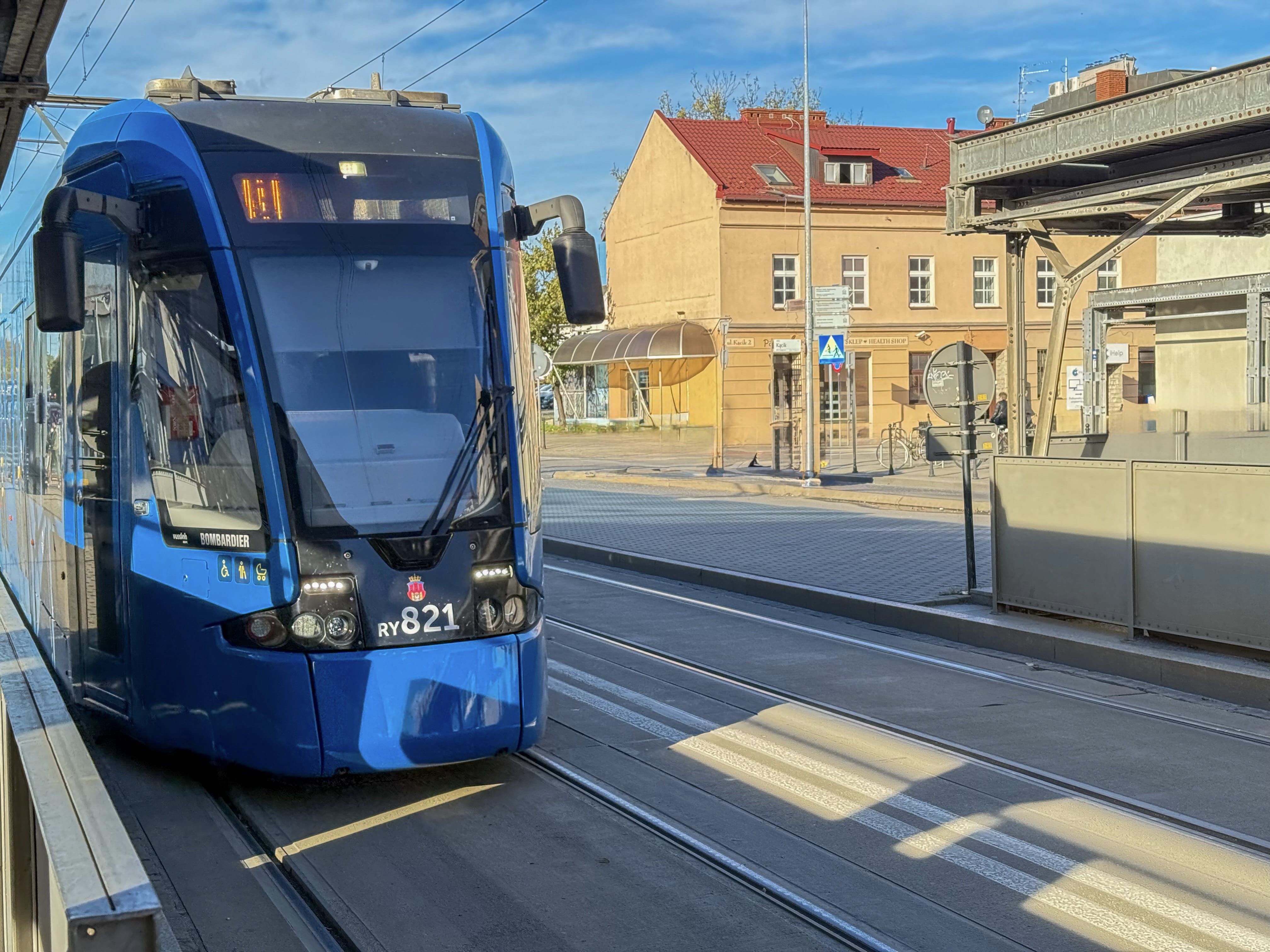Krakow: Plaszow Concentration Camp Guided Walking Tour
Experience a guided walk through the former Plaszow Camp, exploring its historical significance and connection to Oskar Schindler with expert commentary and respectful context.
Explore Plaszow, the former Nazi camp, with an expert guide and uncover stories of tragedy, survival, and Oskar Schindler’s legacy.
Highlights:
• Take a comprehensive tour of Plaszow Camp
• Honor the victims at Plaszow’s memorial sites
• Hear the story of Oskar Schindler and his rescued workers
Unlike sites with extensive preserved buildings, Plaszow is characterized by vast open areas and silence. With minimal physical remains, it serves as a place of remembrance and reflection, offering a quiet space to acknowledge history and honor those who suffered there.
Itinerary:
Ghetto Heroes Square/ 15min / Walk by
The route passes Ghetto Heroes Square in the Podgórze district, a place closely linked to the history of the Kraków Ghetto. Once neglected after the war, the square was redesigned in 2005 as a memorial space. Today, dozens of large metal chairs symbolize forced departures and absence, forming a powerful and widely recognized tribute to the ghetto’s victims.
Plaszow Camp / 1h 45min / Entry Ticket Free
Established in 1942 on the grounds of former Jewish cemeteries, Plaszow developed from a forced-labor camp into a concentration camp. Over 35,000 prisoners were held here, and thousands lost their lives. During the guided visit, you will trace the former layout of the camp through surviving sites such as the Grey House, the roll-call area, remnants of key buildings, mass graves, and the Monument of Torn-Out Hearts. The story of Oskar Schindler is an important part of the visit, as many prisoners registered in Plaszow were later transferred to his factory, saving more than a thousand lives. With few physical remains, Plaszow’s impact lies in its quiet atmosphere—encouraging careful learning, remembrance, and reflection.
Endpoint: Henryka Kamieńskiego 57, 30-644 Kraków, Poland
ENG Contact Number: +48 727 001 040
(Phone, WhatsApp, Telegram)
